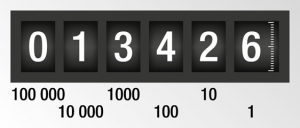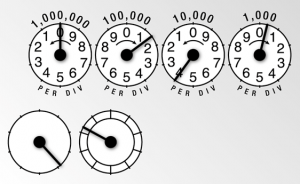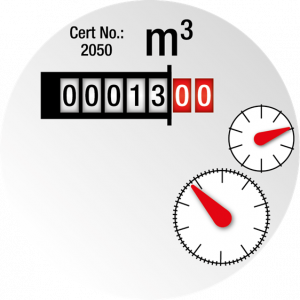The risks of Under-insurance
Having the right insurance cover for your business is key (and something Unicom can you help you with thanks to our sister company The Insurance Octopus1). Something that many business owners do not realise is that it’s not just about having the right cover; having the right amount of cover is also vital. Failing to do so is called under-insurance and it is happening all too often.
What is under-insurance?
Under-insurance essentially means your policy does not have the correct amount of cover that’s needed. This can occur with both Home and Business Insurance.
There are 3 common areas of under-insurance when it comes to businesses:
Building and contents – As a business owner, your building is likely to be one of your most valuable assets, along with your stock and contents. It can be difficult to estimate what it costs to rebuild a property, and many make the mistake of using the market value figure rather than the cost of a complete rebuild or replacement of your building, stock and contents.
Business interruption – How long could you survive if your business was unable to operate? A scary thought, but the right cover can ensure you’re protected against loss of your gross income. An independent insurance broker like The Insurance Octopus can help you ensure you’re calculating the correct amount of gross income as insurers can have different definitions for this.
Liability – If something was to go wrong, there’s a chance you could have multiple claimants. The correct amount of Employers’, Public & Products Liability insurance will prepare you for this eventuality.
Consequences of under-insurance
Having insufficient insurance cover means that any claim will be insufficiently covered, so you may need to cover the damages yourself.
One of the specialist panel of insurers for The Insurance Octopus, Aviva, has an interesting case study which helps put this into perspective:
A hairdresser was carrying more stock than they had told their insurer they had. The figure they had provided was used to calculate the insurance cover. So when the business suffered a theft of more than £1,900 worth of stock, the owner found that the claim was covered but was based on an ‘average clause’ – i.e. it was paid based on the percentage of cover that was taken out rather than what the cover should have been. This left the owner underinsured by £900 and needing to find that money elsewhere.2
Take a look at some more examples of under-insurance here.
As per the Insurance Act 2015, if your insurer considers the misrepresentation a deliberate and reckless breach they could declare the policy void altogether – leaving you with nothing.
Are you at risk of under-insurance?
Getting your numbers right when you buy your insurance policy is key in protecting yourself against under-insurance. (You might want to think about using a professional valuation services to help.)
Even if you felt confident in your sums at the time of taking your policy out, your business could be at risk of under-insurance for numerous reasons. Aviva have put together 10 different situations2 that could mean you are under-insured:
- You haven’t had your building professionally valued for insurance purposes in the last three years.
- You have altered or extended the property.
- Your insurance cover has been based on the market value of the building when it should be based on what it could cost to rebuild your property.
- You haven’t factored in costs for gates, fences or car parking areas in your calculations.
- Your property is a listed building – the time and cost of repairs/rebuilds are likely to be far greater than for an unlisted building, impacting your business interruption cover.
- You haven’t factored in the costs of professional fees such as an architect or surveyor.
- You haven’t factored in costs such as site clearance or access – particularly where your business might need, for example, a crane or heavy plant to help with remedial work as a result of a claim. This could also add time that needs to be taken into account for your business interruption cover.
- You are carrying more stock now than when you took out your insurance policy.
- You are now VAT registered.
- You have some new plant or equipment that you haven’t told your broker/insurer about. This could impact both the machinery cover you have and the business interruption you need – depending on how long it would take to source a replacement, if necessary.
How to avoid under-insurance
If you meet one of the above criteria then it’s time to review your Business Insurance policy, and our sister company The Insurance Octopus is here to help. The Insurance Octopus is an independent insurance broker dedicated to sourcing you the best deals on the market for tailored business cover and perfectly placed to help you avoid under-insurance.
It has also put together some helpful guides on how to calculate your buildings, business interruption and stock and contents cover.
For bespoke advice for your business, get in touch on 0161 933 6570 today so one of the experts can assess your current insurance needs.
The legal stuff
1The Insurance Octopus is a trading name of TBO Services Limited registered in England and Wales. Registered number: 06489013. Registered office: Longley House, Longley Lane, Manchester, M22 4SY. TBO Services Limited is authorised and regulated by the Financial Conduct Authority Reference 498555. Verastar Limited t/a Unicom, registered number 3667643 and registered office Longley House, Longley Lane, Manchester, M22 4SY. Unicom and The Insurance Octopus are both trading names of companies in the Verastar Limited group.
2Source: https://broker.aviva.co.uk/documents/view/commercialunderinsurance.pdf
























